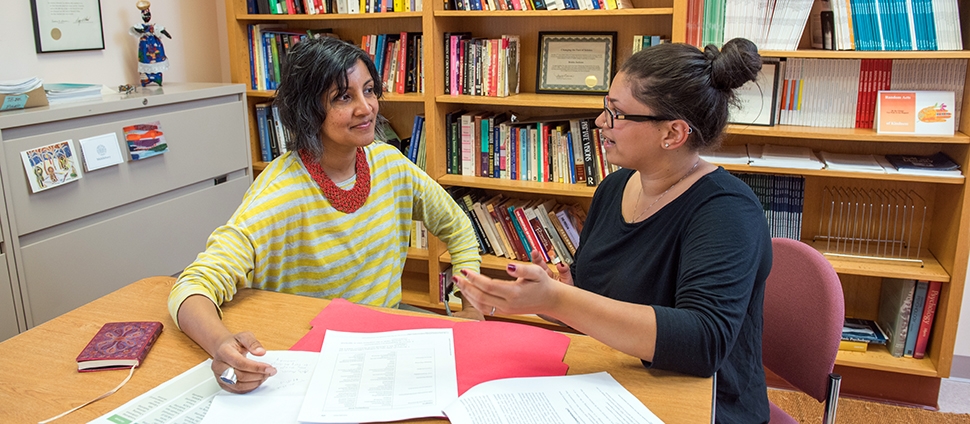Introduction to the Italy Site of the Global Feminisms Project
Document Type
Digital Project
Publication Date
2024
Publication Title
Global Feminisms Project
Abstract
The Italian Feminist Activist oral histories were collected in two waves, in 2018 and 2019. The activists in the first wave represent a wide variety of women’s rights activism, from participation in the 1970s women’s movements to work with Roma women. The activists in the second wave were affiliated with the Cassero, a local LGBTQ+ resource center, and primarily identify themselves as queer activists.
Recommended Citation
Duncan, Lauren, "Introduction to the Italy Site of the Global Feminisms Project" (2024). Psychology: Faculty Publications, Smith College, Northampton, MA.
https://scholarworks.smith.edu/psy_facpubs/197



Comments
The Global Feminisms Project archives oral history interviews with individuals who identify themselves as working on behalf of issues related to women and gender in different national contexts. While the selection of interviewees is made by local organizers at each global site, the project as a whole emphasizes the multiple forms of feminism present within and across these sites. The interviews are conducted by different individuals using a common base protocol developed by the collaborators from the first four country sites (China, India, Poland and the U.S.A.).
Our goal is to make these interviews as widely available as possible. We hope to encourage teachers and researchers to study issues related to the many forms of feminist or women’s movement activism in general, as well as activism on behalf of particular issues. Interviewees describe their lives, their views, and their activist efforts in considerable detail, and of course each one is unique. We offer the unedited interviews as primary sources for understanding the history of activism in all its complexity and variation. In addition to documenting the remarkable accomplishments and diverse experiences of project participants, the unedited interviews also include the expression of views, values, and priorities that at times conflict with positions held by other feminists within and beyond the Global Feminisms Project.
We provide annotations to the transcriptions of interviews that are aimed mainly at offering clarification of references that may be unfamiliar or unclear to many readers, but sometimes also provide leads to further information about a topic discussed. In addition, we provide maps, statistics, a timeline, podcasts about each site, and other resources to assist instructors and researchers in understanding the context in which the activists carried out their work. Finally, we provide specific resources for instructors; these include both podcasts about experiences teaching with the archive (with tips from those who’ve done it), and lesson plans designed around the interview material and sometimes drawing on contextual resources.